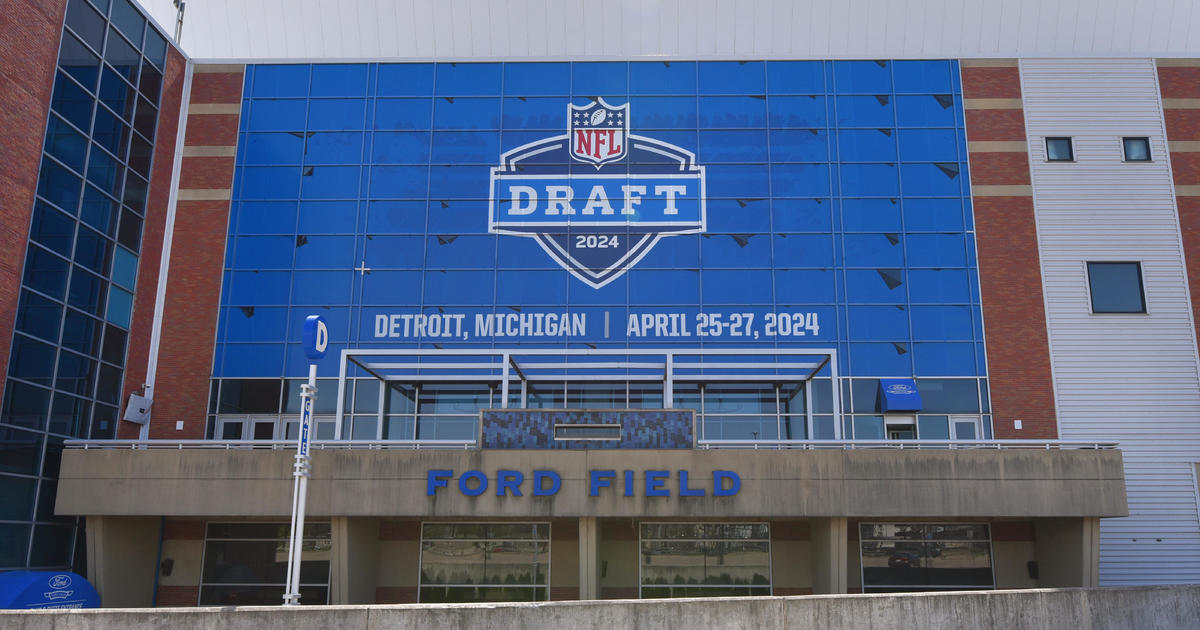BLM Fiscal Scorecard Rates Government Fiscal Health
DETROIT -- Business Leaders for Michigan, the statewide successor CEO organization to Detroit Renaissance, Thursday released the annual Michigan Fiscal Scorecard, "Assessing the Management of Michigan Governments."
This review of state and local government finances measures five indicators of fiscal health -- revenue and expenditures, cash balances, reserves, pension obligations and debt levels -- and is part of BLM's strategy to determine whether Michigan's fiscal management practices are improving.
The report was prepared for BLM by Anderson Economic Group, LLC.
"The Michigan Fiscal Scorecard gives us a clear picture of the progress the state and local governments are making in managing their finances, as well as identifying those areas that still need improvement, " said Doug Rothwell, BLM president and CEO. "As we continue to work to turn around Michigan and make it a Top Ten state for job, economic and personal income growth, this review of the state's fiscal health allows us to gauge how Michigan compares to other states, whether benchmarks are being met, what steps need to be taken to ensure continued fiscal strength."
BLM's 2012 Michigan Fiscal Scorecard includes the following highlights:
* Revenue and Expenditures: In fiscal 2011, total revenues for state and local governments exceeded expenditures by $3.2 billion, resulting in a budget surplus. Total expenditures fell for the first time in over ten years, while revenues grew.
* Cash Balances: At the end of fiscal 2011, the state had a positive cash balance of $1.2 billion in its major funds, which includes the General Fund and the School Aid Fund. This is the first time that these funds have ended the fiscal year with an overall positive cash balance since 2002.
* Reserves: Michigan had almost $513 million in unassigned fund balances by the end of fiscal 2011, only 1.1 percent of expenditures. School districts had reserves of 5.1 percent at the end of fiscal 2010. For the current fiscal year, the legislature has appropriated $362 million to Michigan's Rainy Day Fund and the governor has requested an additional $130 million for next fiscal year.
* Pension obligations: In fiscal year 2010, the most recent year in which data is available, public pension systems in Michigan had a shortfall of at least $25.6 billion. BLM officials said that they expect that the funding situation improved between fiscal 2010 and fiscal 2011, and for changes to the Michigan State Employee Retirement System signed into law in 2011 to provide additional savings.
Debt levels: From fiscal 2010 to fiscal 2011, state debt per capita decreased by nearly 4 percent, while personal income per capita increased by just over 1 percent.
Rothwell noted that while the state is making progress in most areas of fiscal health, more work is needed in the area of pension costs.
"We expect changes to the state retirement system that were signed into law last year will help further reduce long-term costs in that system," Rothwell said. "There is also legislation currently before the Senate, that while not a full conversion from a defined benefit plan to a defined contribution plan, would begin to address the liability in the Michigan Public School Employee Retirement System. We encourage the Senate to continue working toward this critical reform."
The complete Michigan Fiscal Scorecard can be found at: www.businessleadersformichigan.com/research-reports.
BLM is composed exclusively of the chairpersons, chief executives or most senior executives of Michigan's largest companies and universities, which provide over 320,000 jobs in Michigan, generate over $1 trillion in annual revenue and serve over 135,000 students. The organization's work is defined by the Michigan Turnaround Plan to get Michigan's economy back on track. For more information, visit www.BusinessLeadersforMichigan.com.



